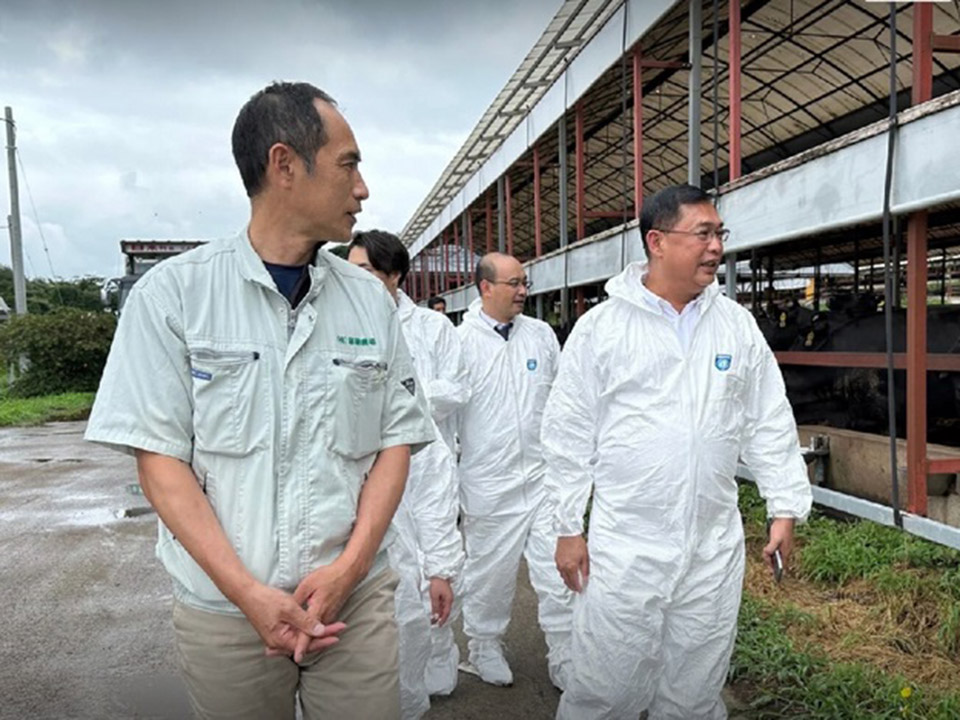
A Thai delegation recently visited a prominent cattle farm in Japan, seeking to foster agricultural innovation and improve the well-being of citizens through sustainable job creation and self-reliance.
Anucha Nakasai, Caretaker Minister Attached to the Prime Minister’s Office, visited Hitachiomiya city in Ibaraki Prefecture. The team was given a tour of the operations of the Mizuho beef cattle farm, which is recognized as one of Japan’s largest.
The visit aimed to facilitate the exchange of ideas and gaining of insights into agricultural advancements, aligning with Prime Minister General Prayut Chan-o-cha’s emphasis on enhancing citizens’ quality of life through sustainable job creation and income sources. The government has been backing local community funds and various initiatives to strengthen grassroots economies and encourage self-reliance. One such example is the Family Cow project, which is designed to stimulate the agricultural sector by promoting cattle farming as a viable occupation.
The Mizuho farm in focus has a strong presence across Japan, with 14 branches including 12 dairy farms and two beef cattle farms. Collectively, the farms house approximately 31,000 cows, subdivided into 17,000 dairy cows and 14,000 beef livestock.
The cattle farm is particularly renowned for its breeds, boasting the highest milk-producing dairy cows in the country.
Among the highlights is their breeding and rearing of a Holstein-Wagyu crossbreed, leading to a new breed known as F1. This breed in particular has been growing in popularity, yielding meat with significant intramuscular fat at a lower cost than pure Wagyu, making it suitable for foreign consumers and tourists. However, it may appeal less to local consumers due to the high fat content.
Through their various endeavors, including the sale of meat, milk, and other cattle by-products, the farm generates an estimated annual revenue of around 5 billion yen. (NNT)






